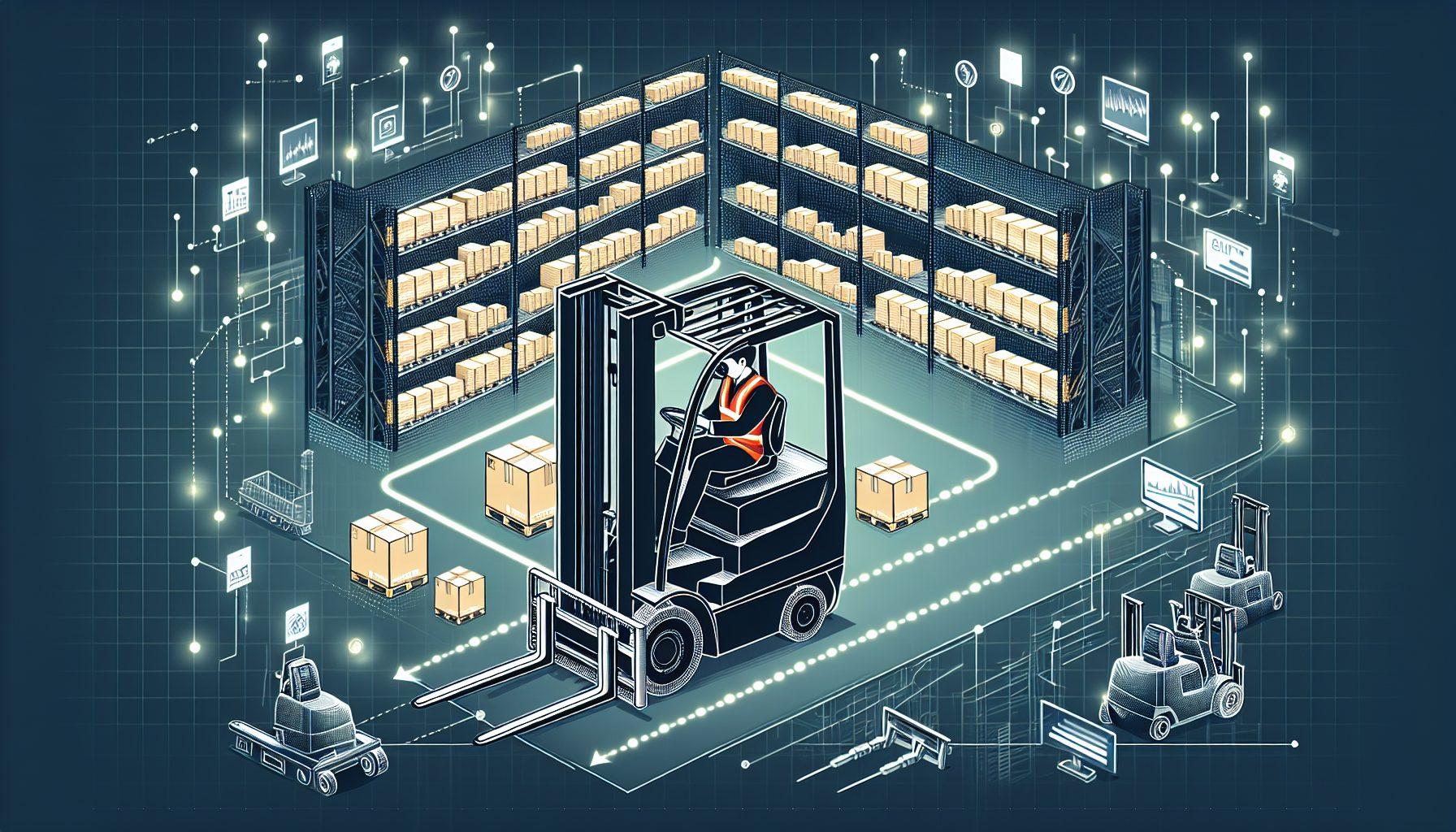Forklifts play a critical role in warehouse operations, significantly improving efficiency and productivity. However, improper management of forklifts can lead to safety hazards, increased costs, and reduced productivity. This is where standard operating procedures (SOPs) for forklift fleet management come into play. Implementing SOPs ensures that all forklift operations are carried out in a safe and efficient manner.
The Importance of Standard Operating Procedures for Forklift Fleet Management
Standard operating procedures are specific instructions or guidelines that outline the designated steps to be followed when carrying out a particular task. When it comes to managing a forklift fleet, having well-defined SOPs in place is crucial for several reasons:
- Safety: Safety should always be a top priority in any warehouse setting. Forklift accidents can result in serious injuries or even fatalities. By implementing SOPs for forklift fleet management, safety protocols are clearly outlined and communicated, reducing the risk of accidents and promoting a safe working environment.
- Consistency: SOPs ensure that all forklift operators follow the same guidelines and procedures. This consistency not only improves efficiency but also reduces errors and prevents potential damage to products, equipment, or the warehouse itself.
- Productivity: With well-defined SOPs, forklift operators can carry out their tasks more efficiently. They know exactly what needs to be done, when, and how. This reduces downtime, minimizes delays, and ultimately increases overall productivity within the warehouse.
- Training and Compliance: SOPs play a crucial role in training new forklift operators. They provide a comprehensive guide for understanding the correct procedures and practices. SOPs also ensure compliance with industry regulations and standards, preventing legal issues and potential penalties.
Having SOPs for forklift fleet management is not a one-time process. It requires ongoing evaluation and updates to ensure that the procedures are aligned with best practices and any changes in regulations or technology. Regular training and communication are essential to reinforce the importance of following SOPs and to address any questions or concerns from forklift operators.
At HCO Innovations, we specialize in providing warehouse optimization solutions, including forklift fleet management. Our comprehensive solutions assist companies in improving safety, productivity, and efficiency within their warehouse operations.
When it comes to forklift fleet management, we emphasize the importance of SOPs. Our team of experts works closely with our clients to develop and implement tailored SOPs that suit their specific needs. We understand that each warehouse operation is unique, and that’s why our SOPs are customized to address the specific challenges and requirements of each client.
By implementing our SOPs for forklift fleet management, companies can optimize their operations and experience numerous benefits:
- Improved Safety: Our SOPs prioritize safety and help reduce accidents, injuries, and any associated costs.
- Enhanced Productivity: With clear guidelines and procedures, forklift operators can work more efficiently, reducing downtime and increasing overall productivity.
- Cost Savings: By minimizing errors, damage, and accidents, our SOPs help decrease operational costs and improve the bottom line.
- Compliance: Our SOPs ensure compliance with industry regulations and standards, reducing the risk of legal issues and penalties.
- Employee Empowerment: Clear SOPs provide forklift operators with the necessary knowledge and guidelines to perform their tasks safely and confidently.
At HCO Innovations, we understand the importance of forklift fleet management and the role SOPs play in optimizing operations. With our expertise and customized solutions, we help companies achieve safer, more productive, and efficient warehouse operations.
To learn more about our forklift fleet management solutions and how we can assist your warehouse operations, visit our Forklift Fleet Management page.

